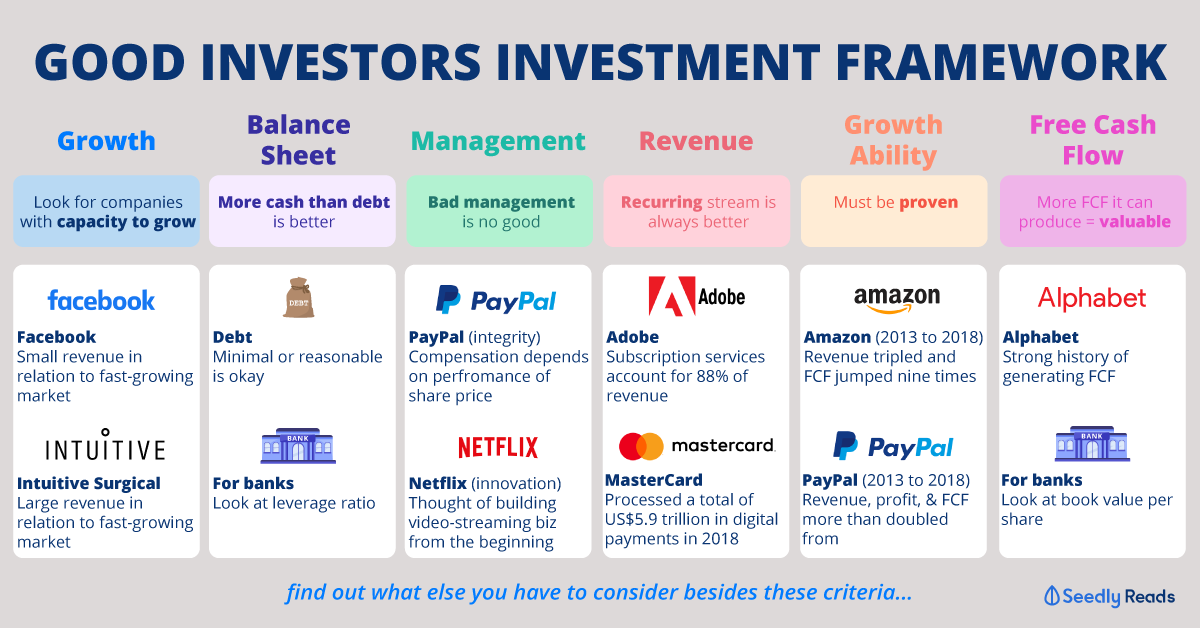Advertisement
Anonymous
Why isn’t it a good idea to just put all my investments into a single S&P500 ETF (CSPX, VUSD etc)?
Since it seems like if you hold it for a long enough time, you will always be able to have significant returns and there isn’t that much risk if your investment horizon is say 20 years
12
Discussion (12)
Learn how to style your text
Reply
Save
Malvin Tan WP
26 Jun 2020
Writer at t.me/pwpfpodcast
You have a good point, the only thing I would like to add is that do you have all the money you are ever going to invest ready? that is if you have a lumpsum now.
To solve this people have came up with another fundamental principle of investing that is Dollar Cost Averaging. But then again you could be investing at a peak now and the emotional/psychological effect of a -50% from a high price may cause the future you to sell out at a loss before your DCA 20 year strategy plays out.
They are all good ideas, but can one follow through?
Reply
Save
I never understood the benchmark system. You design a portfolio where returns are measured against an index which is decades old. Yet when data shows that majority of fund managers fail to beat the benchmark over the long term, complication is born to increase the elusive potential alpha.
The only conceivable way I can think off that would win a benchmark consistently is to borrow at 0% cost, leverage your capital and invest into a benchmark.
Overexposure to sectors are not a new thing. If you rewind the index decades ago, the index has consistently comprised of overexposure to sectors which are upcoming and growing. In the 80-90s, it was the personal computer. In the early 40s, it was railroads.
The main reason the S&P500 works has little to do with the time horizon, but rather, the index is restructured on a yearly basis. They throw and kill off dying industries by asking a question: are you relevant to the future? They measure this based on the market capitalization which correlates to fundamentals in revenue. They increase exposure to winners. Why? Winners tend to win consistently. Losers tend to become laggards and become irrelevant.
Keep the flowers, destroy the weeds. That is the S&P500 fundamentally.
Reply
Save
Elija is right, textbook wisdom suggests to diversify more global and to different asset classes.
That said, for the high risk but super-longterm investor it could even happen that a single big and cheap SP500 ETF
is the only investing product needed.
Reply
Save
Its a good idea, if you had no intent to monitor the market, invest long-term.
Its a flawed idea, i...
Read 6 other comments with a Seedly account
You will also enjoy exclusive benefits and get access to members only features.
Sign up or login with an email here
Write your thoughts
Related Articles
Related Posts
Related Products

Moomoo Singapore
4.7
487 Reviews
From $0
MINIMUM FEE
0.03%
TRADING FEES
Custodian
STOCK HOLDING TYPE

Saxo Markets
4.5
961 Reviews

Syfe Trade
4.9
130 Reviews
Related Posts
Advertisement









It is a good idea if you don't know about investing or want to invest the lazy way. It diversifies your risk into many different companies. Companies that are not performing will be replaced by better performing ones. So there is no need worry about index ETF going south.
However, investing in ETFs also mean that you are unable to fully capture those individual companies that are outperforming the rest, because those outstanding performance will be average down with other average or poor performing companies within the ETF itself.